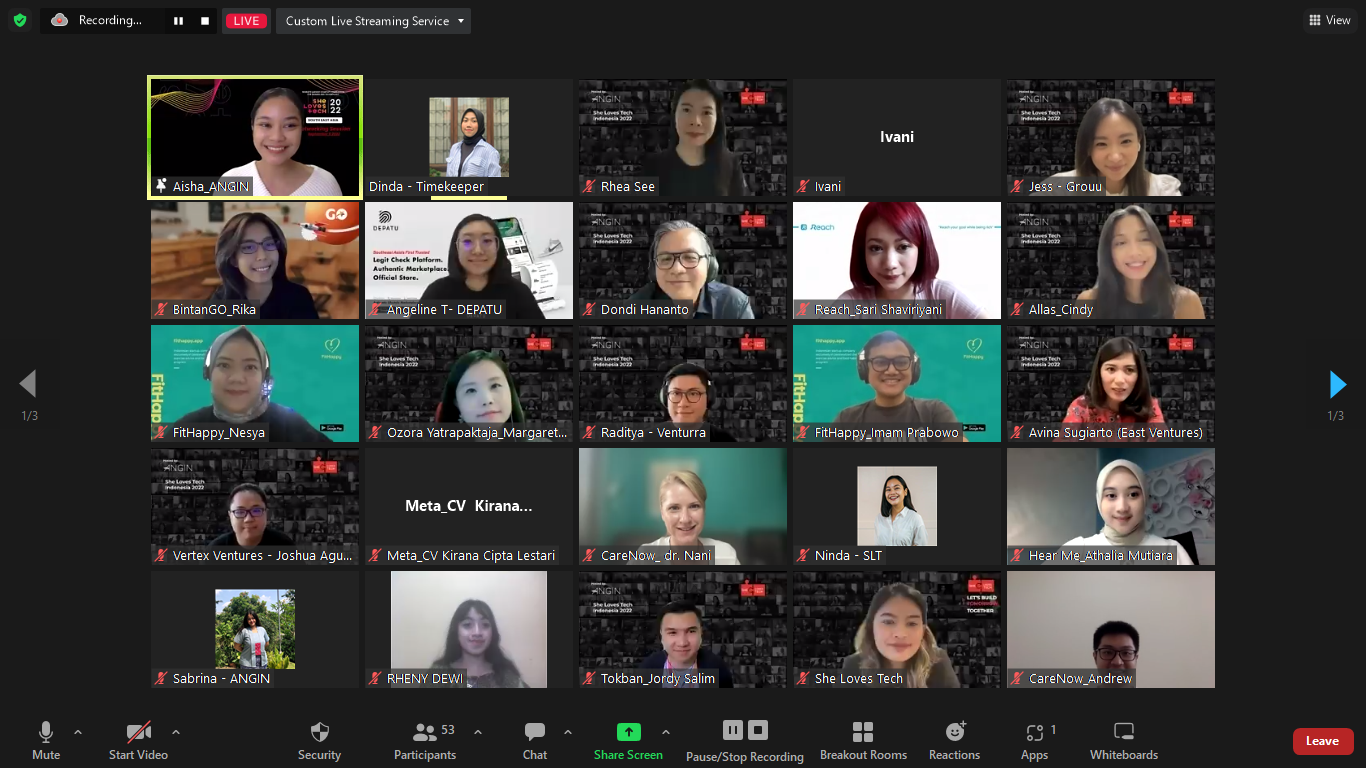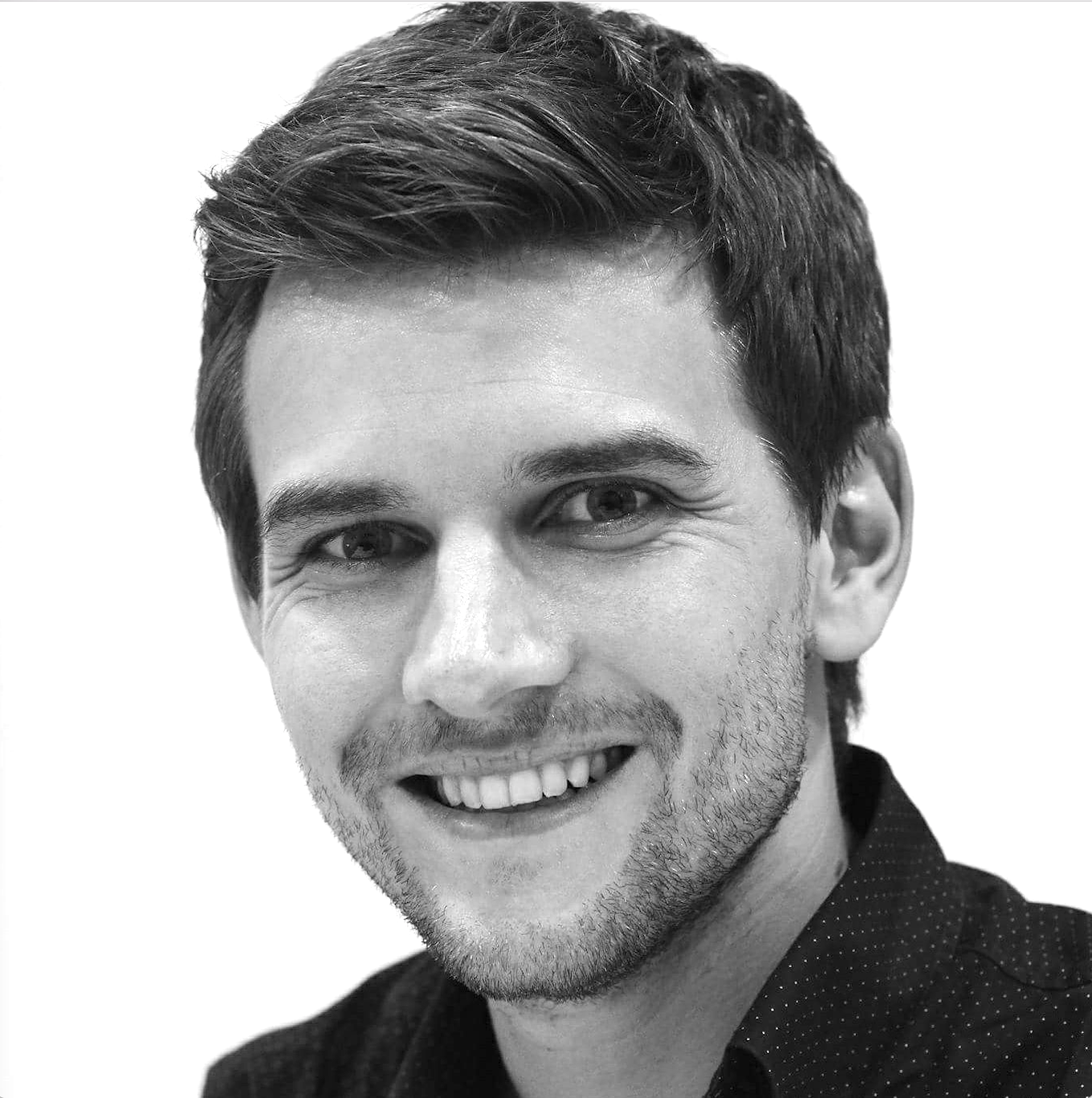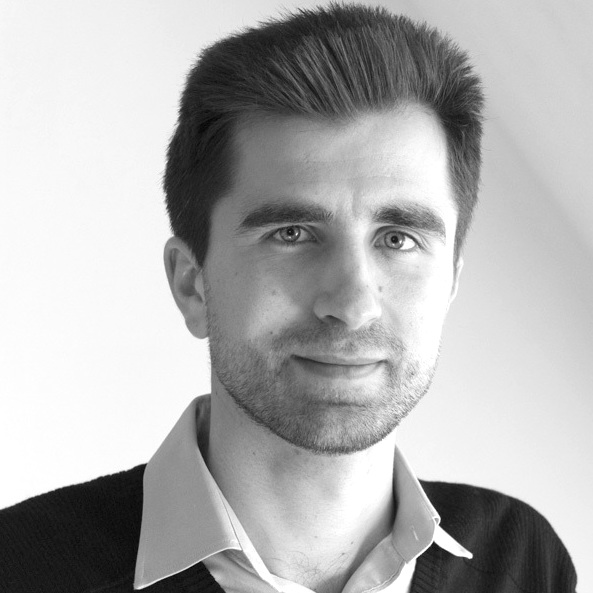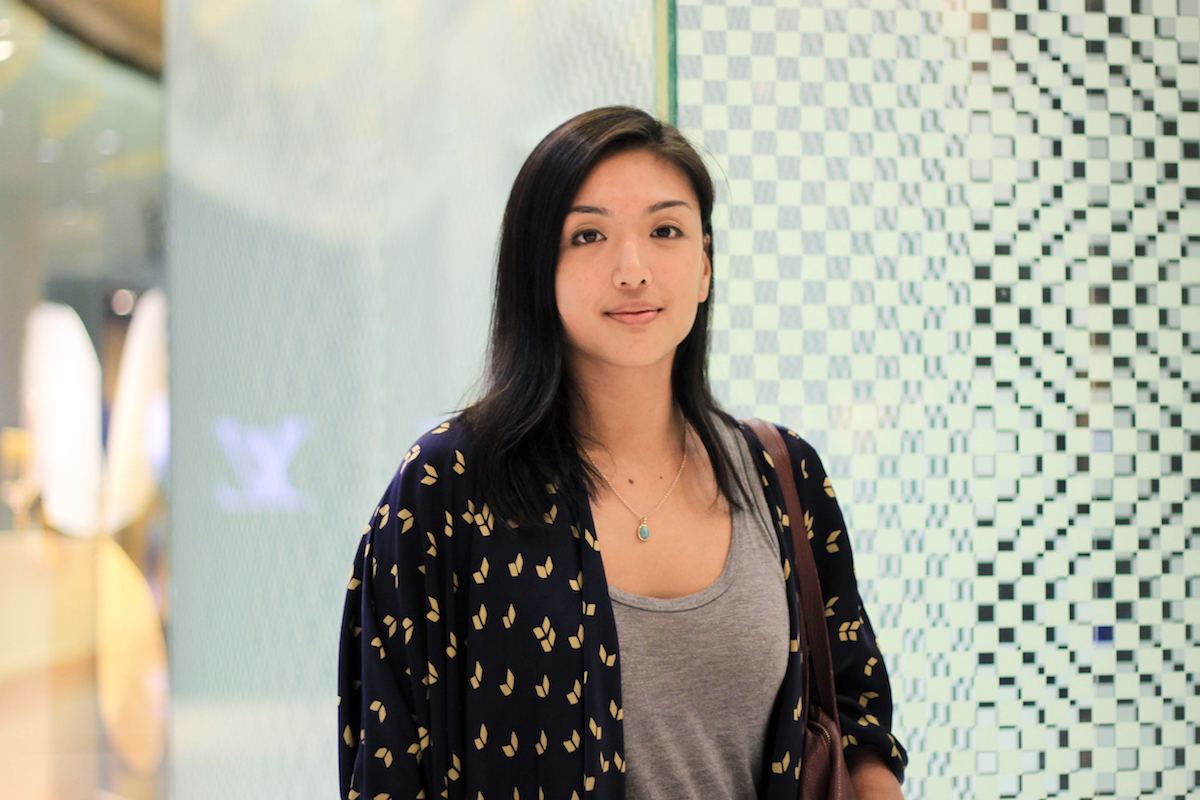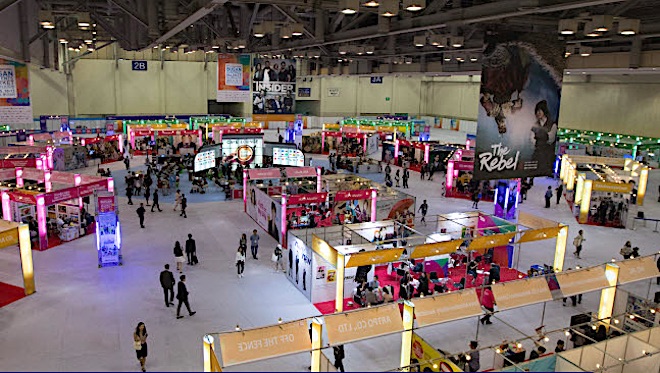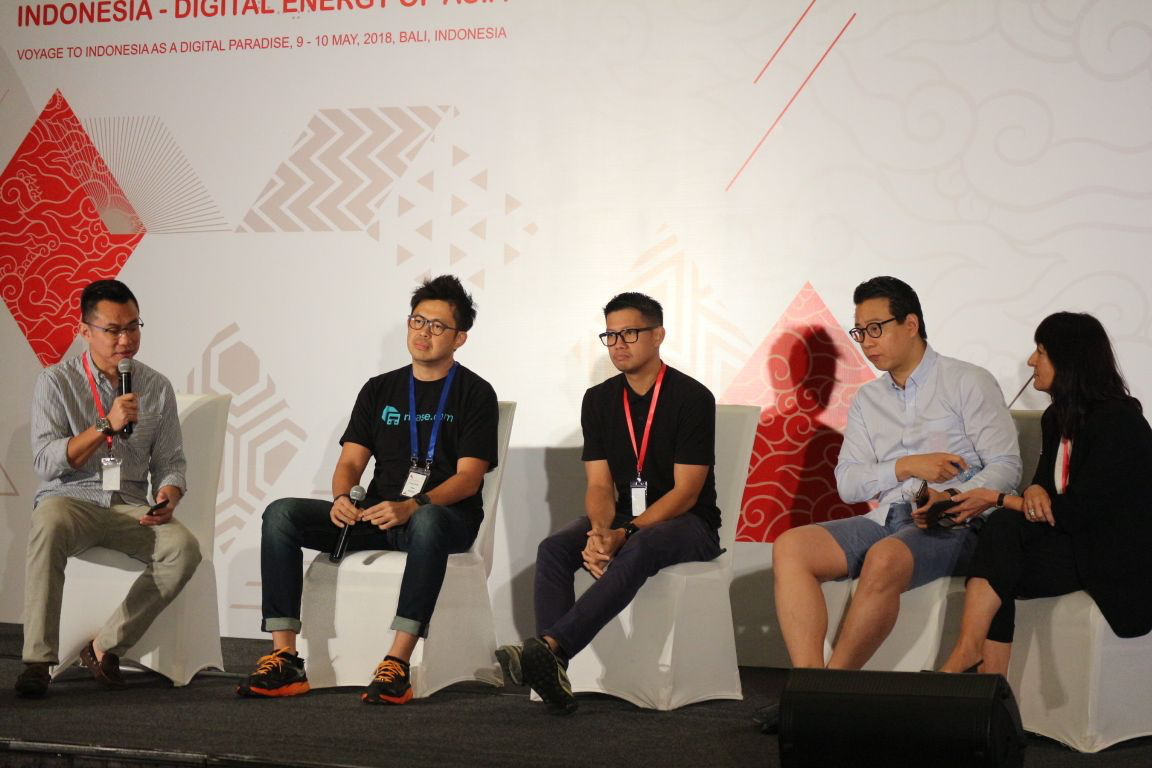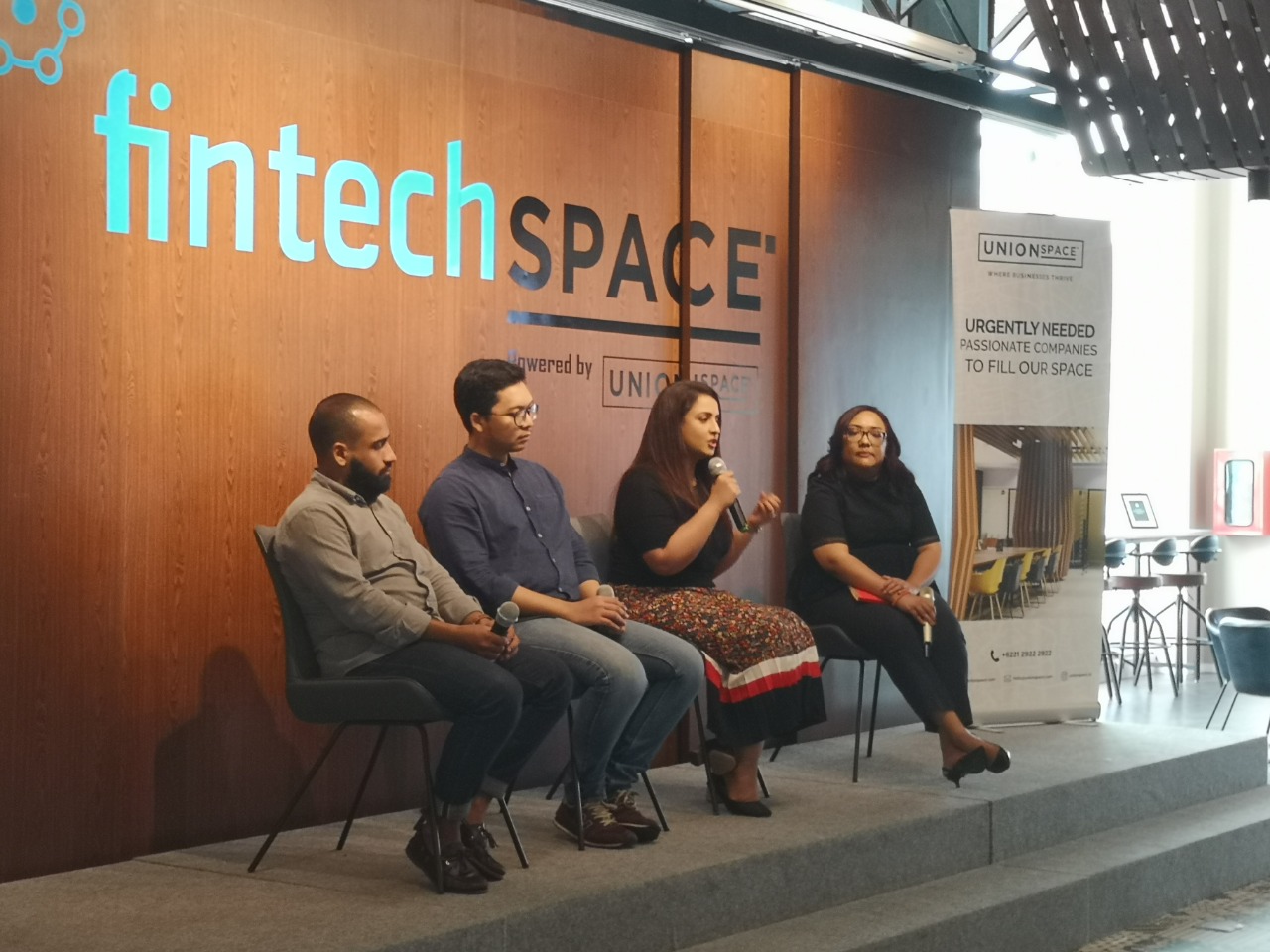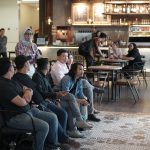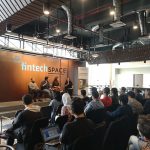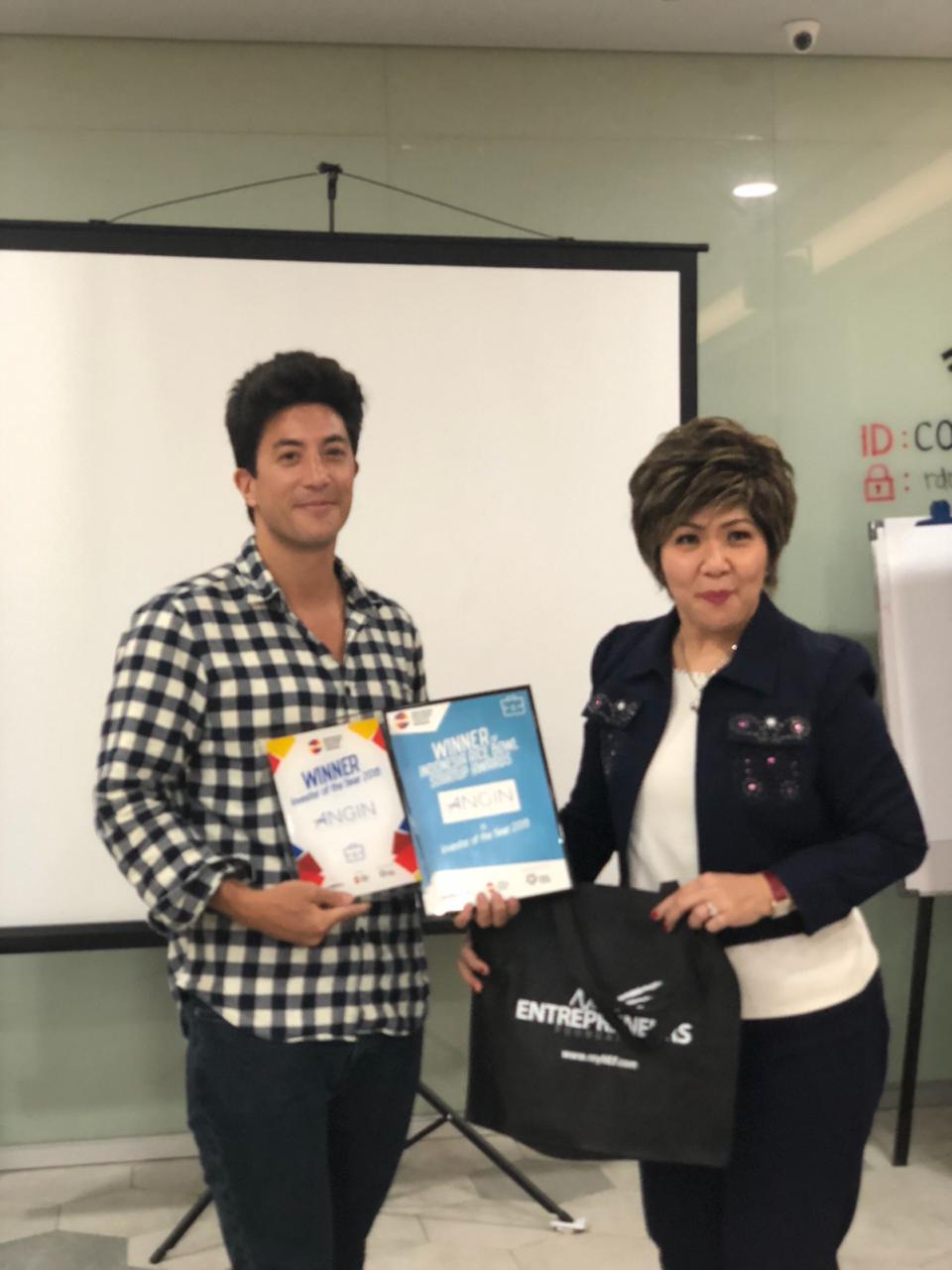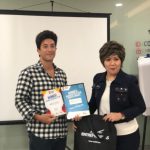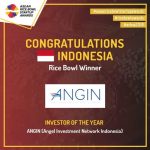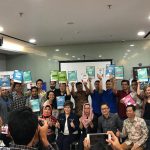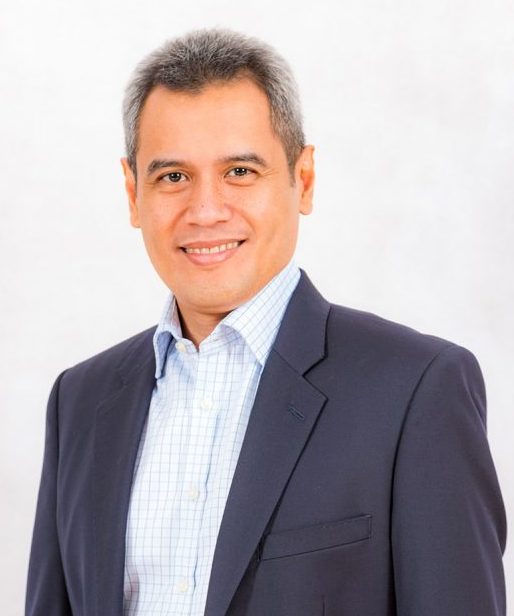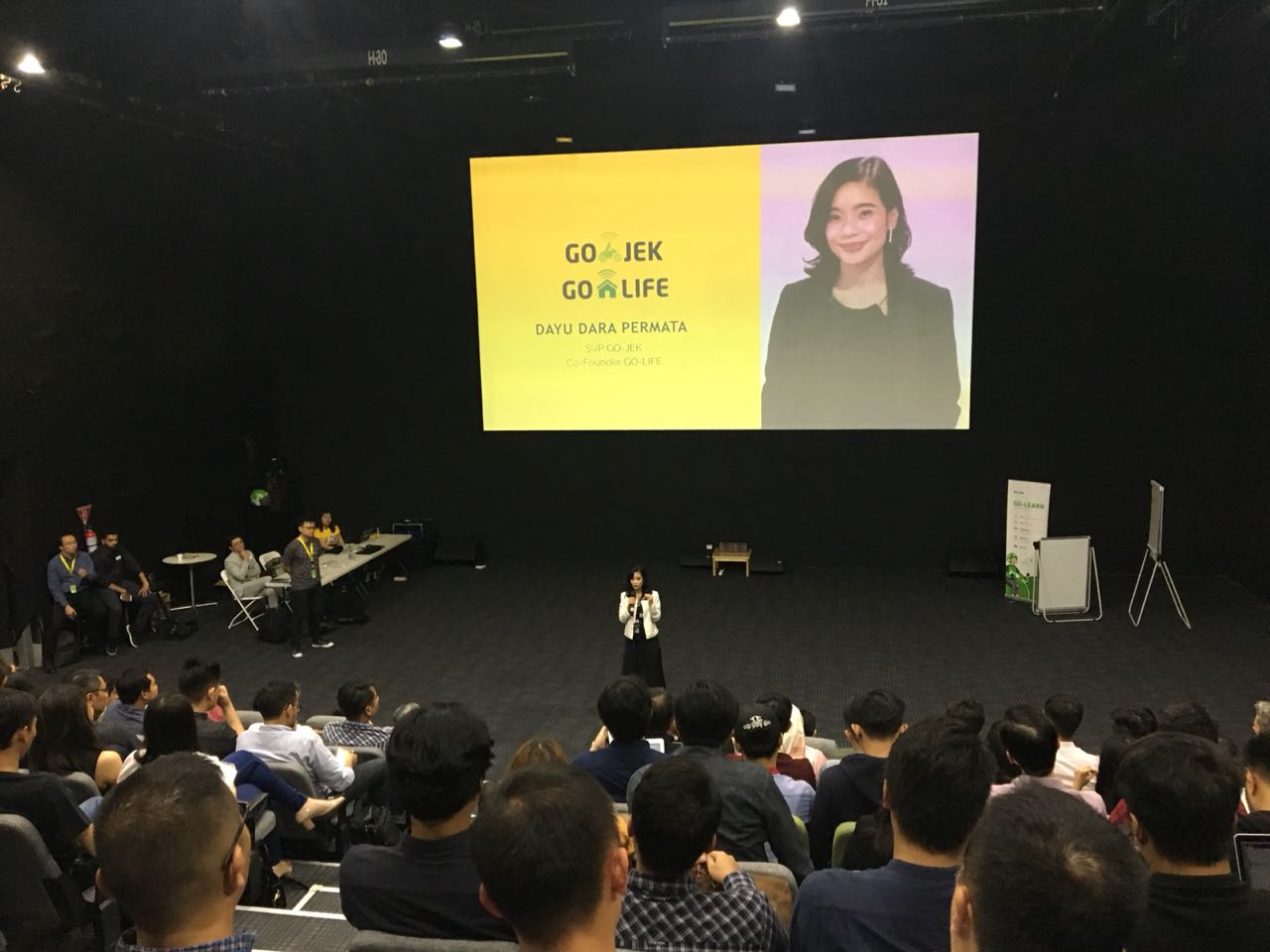Tell us a bit about yourself.
My name is Michele Soeryadjaya and I’m the Director at the William and Lily Foundation, which is a family foundation that my father started with his sister about nine years ago. I joined about two and a half years ago and at the time it felt like I just stumbled into it. Although looking back at how I got to that point now, it was actually kind of an organic process. I studied business in college and I was planning to get into finance after graduation, but towards the end I had also developed an interest in sustainability. Luckily I ended up at a private equity fund that focused on sustainable agriculture and water in Singapore, so I was able to pursue both interests. In the two years I spent there, I grew a deep interest in the agricultural space in Indonesia. I really wanted to learn more about it, specifically about working with smallholder farmers.
That’s when I reached out to JAVARA and asked to volunteer with them for a few months. I ended up spending six months with them, half of which I spent in Flores. I instantly fell in love with the island, and at the same time realized that there was a great need in the region. So when my father suggested that I should join the family foundation and help grow its efforts, I jumped at the opportunity to do so and direct its focus towards eastern Indonesia. Today, the foundation’s target areas are marginalized communities with an emphasis on those in that part of the country.
What’s your day to day like at the foundation?
As a grant-making foundation, we do not implement or operate our own projects. It’s not dissimilar to how a private equity fund operates – we find partners who can execute programs we want to run, and work with them closely to ensure we maximize effectiveness and impact. So there are two main blocks of activities, sourcing new projects and monitoring current projects. We are a lean team, so everyone is a little involved in all parts of the foundation’s operations even though we do all have designated roles.
What motivates you to keep doing the work that you’re doing at the foundation?
Growing up in Jakarta, you are exposed to the disparity and inequality that pervades everyday life from a very early age. I’ve been more than lucky and grateful to have been born into the easier end of that spectrum. And even though I’ve always been aware of the difference, I can’t say that I’ve always understood or fully appreciated what that really meant. Being able to go to college abroad in a developed country like the US was what made me really start to realize the impact of that difference, the real difference of opportunity. And from early on I knew that I wanted to do something that would have an impact for more than myself after I graduated, whatever that meant, like many people my age and my generation. For me, a lot of it was also due to the timing – it was also the spring of 2009 when I started my studies in Business Administration, right after the height of the financial crisis. So while I learned about the appeals and advantages of capitalism, its risks and perils were also deeply ingrained in me. My key takeaway was a lesson in accountability and responsibility.
And I feel like if you look at all the big issues around the world today, I think all of it really boils down to inequality. And a lack of accountability. I know there are a lot of people who want to change that and who want to make an impact for those who have been dealt less opportunities in life, and so many people are doing exactly that but there are also many who want to that don’t have the right support or means to do it yet. I feel like I am in a very lucky position to have both the support and means to do it because of my family, and this all is what really motivates me to keep at it.
As a new angel investor at ANGIN and someone with previous startup experience, what excites you about the startup industry?
I think there is something very optimistic and hopeful about the startup industry. I think more and more people are realizing that the status quo is not working for the majority of the population anymore. We are starting to see some of the consequences and negative implications of what we knew before as tried and proven methods of doing things, and there is a need to change some of those immediately. And I think that’s what the startup industry represents for the most part, how to do things better for more people and with less harm. That’s what I find most exciting.
What was one of the most interesting things that you got to see or do during your experience at JAVARA?
I spent six months at JAVARA, half of which I spent at their office here in Jakarta and the other half in Maumere, Flores. At the time they were setting up their production facility there, and I was kind of the defacto mandor (building contractor) because they didn’t really have anyone else who could dedicate their time to it on the ground. So my main role was just really to be their eyes and ears on the ground, and help oversee the construction process. Everything was new to me. I was completely out of my comfort zone on all fronts and I learned so much because of it. The whole experience was really interesting for me. What was really cool was that I just got to speak and interact with all these people with completely different lives than my own. And especially because I got to meet and talk with all these different farmers, which was why I sought out the experience in the first place, and understand more about the issues they face and how they thought about different things. That has definitely been really valuable in guiding some of my decisions and thought processes throughout my time at the foundation because many of our direct beneficiaries are very much like those farmers.
What are you most excited about joining ANGIN as an angel investor?
I’m really excited to just learn and get to know all the different kinds of companies and ideas that are starting up. Like I said earlier, I think there is something really optimistic and hopeful about the space. The idea that there are people everyday working and thinking about how to do things better is really awesome to me. That may be a slightly naïve way of looking at things, but I do think that that is the most exciting part of the whole startup space. I’m particularly interested in agriculture, food and financial inclusion, and I know there are lots of innovation going on in those spaces so I’m particularly excited to learn about that.
How is the gender dynamic like in the foundation space?
My personal experience was that it was a bit tough for me coming in. The foundation was more alike to a typical, traditional corporate kind of experience here in Indonesia (or in many parts of the world for that matter): mostly or all men in decision-making roles and women in strictly supporting roles. So I was joining a team of four excluding myself, one woman in the administrative position and three men in active operational roles. Obviously being someone directly from the founding family of the organization gave me a boost and helped a lot, but it was definitely difficult in the beginning. There was this one person I particularly had a really tough time with. It was clear that he didn’t take me seriously, he would always just laugh when I talked to him and was just really patronizing and dismissive towards me. And I could see his attitude towards women reflected in the projects he put together as well, he never included women in any trainings the foundation held, for example. Luckily though, that has been to date one of the hardest attitudes I’ve encountered, within our own foundation and other foundations we have interacted with.
So far my exposure to other family foundations have been fairly positive and many of them are quite well-balanced in terms of gender equality both in their own teams and their programs. I think because many of the younger generation, especially the younger women, have taken the lead at these foundations and they obviously tend to be more aware of the importance. I do also think that in general the development and non-profit space is more attuned to gender dynamics, because we encounter the harmful consequences of having that gender disparity on the field a lot. Especially in rural and marginalized areas.
Can you describe the gender disparity that you see in those areas?
All of our projects right now are in Sumba, and I think actually relatively speaking the gender disparity there is not as acute as it is in some other parts of the country or the world. There is definitely still a lot of room and need for improvement. For example, we still encounter many women as strong local figures in the communities we work in. But on the other hand, child brides is still very much an issue and prevalent throughout the island and women definitely still play second fiddle to men in household. For the most part I think it is still very much a patriarchal society and women and girls still suffer many abuses and injustices because of this gender disparity, but I do think that we are starting to see some change and progress. That is definitely the sense I get from talking to some people who have worked and lived there for some years.
For one of our projects that is centered around building the capacity of tour guides, almost half of the program participants are women. And that was not actually pre-designed, it was merely based on applications that were submitted and screened through. For another one of our projects though, it was an issue we encountered on the daily in the beginning. The project is focused on training and equipping new mothers and health workers who are mainly women with awareness and knowledge of the importance of proper nutrition. The intervention requires them to participate in an intensive 10-day workshop. We had difficulty getting this going in the beginning mostly due to the fact that husbands wouldn’t let their wives make that kind of time commitment. Time in the workshop meant time away from household chores and working on the family farms or whatever industry the household was involved in. And this is something that you encounter a lot, where the women bear a lot of the responsibilities but have very little decision-making power. Fortunately though many of the husbands were able to be convinced and so we had many of our target beneficiaries successfully participate in the workshop in the end. So although that mindset does seem to be the status quo, we have seen that it can actually be changed.
Having been in the field, how do you see shifts in terms of gender dynamic and progressivity in Indonesia?
I think we’ve definitely seen some shifts already in our time working there, both after the fact and as it is happening. I don’t know if it’s like a cultural shift just yet. I think right now it’s still really small and happening in silos, but at least we can see spots and glimmers of it. I’m optimistic because there are a lot of people that have and are currently working on this, both within and out of the island, so I think it will take some time before it becomes a whole cultural shift. But I’m hopeful that it will.
What strategies or tactics did your team specifically employ to get women to speak out?
I think it was just a lot of socialization really. So again, we aren’t actually the ones doing the heavy lifting – it’s all our partners grinding at it. But that’s what we hear when we ask all of our partners about it. In this line of work, and in like many else I think, the key is in making the relationships and building that trust. So in that nutrition project I talked about earlier, the field coordinators spent a lot of time in the villages with the community. It took a lot of speaking to both the women and the husbands, understanding what was important to them and how to speak with them in a way that they could recognize the benefit we were trying to communicate. That’s the hardest part I think, because a lot of these things seem abstract if you don’t see the benefits of it first-hand. So I think it also really helps to have success stories of people that they know or can really relate to. Without the success stories it can be really challenging I think. Possible, but really difficult.
What kind of tangible shift did you feel organizationally on your own team by increasing diversity gender?
We definitely hit a point, or a few really, where I just realized that our team as it was just wasn’t going to work out. It was a really hard decision for me and the first of its kind I had to make, but it had to be done for our organization to grow and move in the direction I hoped it would. So we had to let go of the person that had that fixed mentality of the roles of women and men. And earlier this year we added two more people to our team, one man and one woman. Both of them definitely have a balanced and flexible outlook on the roles of women and men. And I think it really has made a world of difference. I don’t think I fully appreciated how much it would either until it happened. For starters I think we have just gotten a lot more thorough and comprehensive when thinking through and putting together projects because we are really considering all the different angles and perspectives now. So I think it has really improved our effectiveness and the impact that we are able to make as an organization. And I think in terms of team dynamics it’s just gotten more positive and feels more like a safe space.
Having grown up in Indonesia and then being educated in the States, what kind of differences do you see? What are the pros and cons on both sides in terms of gender equality?
I was in an international school from fifth grade onwards, and I never really felt like gender equality was an issue there. Even if it was, it wasn’t acute enough for me to feel it. I was in local school for a few years before that where I did feel it a bit. I was pretty tomboyish when I was younger, so I did feel like I did get made fun of for being a tomboy. That made me feel like there was this expectation of how a girl should behave, how she should look, what she should like, etc. But it was nothing really malicious, just kids being kids. So although it did have an impact on me, it was not that bad to be traumatic or anything. On the whole, I feel lucky that I was able to have the experience of going to an international school and then going to college in a country like the US where the gender disparity was not something you felt immediately at the surface (in recent years I have realized that it is most definitely there, but much less pervasive and apparent than in Asia generally speaking). Because I definitely felt the difference when I came back to Indonesia and started working here, and it was a kind of a rude awakening. Although I grew up here I guess I was pretty sheltered and insulated from it because of the school I went to, and I think my family is also relatively liberal when it comes to gender equality. And also of course you just realize things a lot more when you are older.
Do you feel that there are glass ceilings that are imposed upon women in Indonesia?
Definitely. I think a lot of it has to do with the fact that we are the half of humankind who can bear children obviously. But that does not mean the sole responsibility should fall on us, after all it takes both a man and a woman to create another human. I do feel lucky and grateful to be born in this generation, though, because I don’t think that our grandmothers or even our mothers had the same options or freedom as we do now. Even though that disparity still exists today, it was much worse just a few decades ago. And I’m thankful to all the women and men who have worked throughout the years and are working now to change that. Though there is still work to be done, the path has definitely been paved for my generation.
What advice do you have for young women who are entering the workforce for the first time and who are facing similar hurdles?
I think what really helps in the beginning is to find allies and to figure out who are kind of lost causes if you are facing issues of gender disparity. There will be plenty of both. And I think that’s also something that you have to realize, that there will be people who will forever think with that lens and will forever think that women are only born to perform a fixed role in life. And I don’t think that that is limited to older people, I know plenty of young people who still think that way. But I also think it’s important to not take it personally. Because there is a reason why there are people who think that way, that is just how they grew up and how they were raised. It is a systemic issue, which is hundreds of years in the making so it’s not just going to go away like that. But I think it’s really important to stick to the people who realize it is an issue and who stand against it. I feel kind of dramatic talking about it but it really can feel like an overwhelming fight if you experience it. So my advice would be to find your allies, stick to them and don’t let the haters get you down. And just focus on the job at hand and kill it. It still happens but it gets harder and harder to deny performance. So just stick to your guns and do the best you can.
